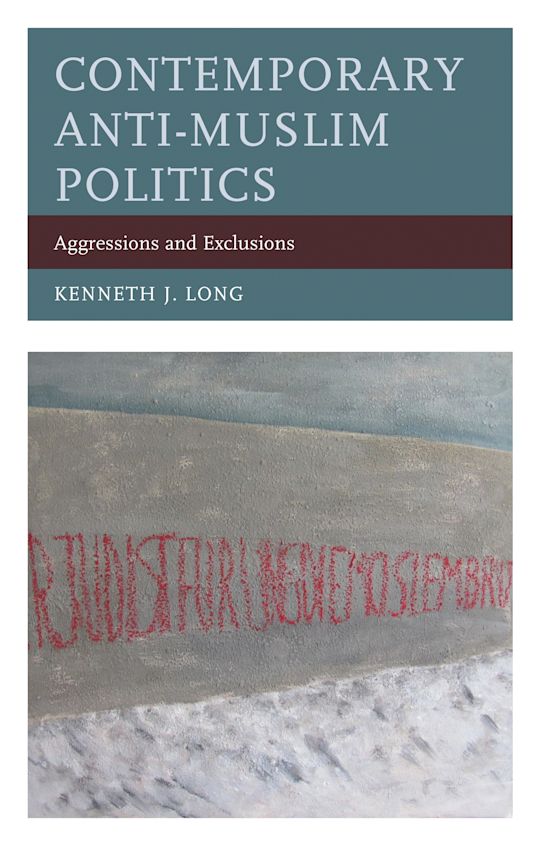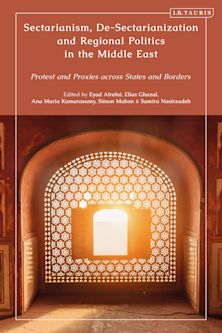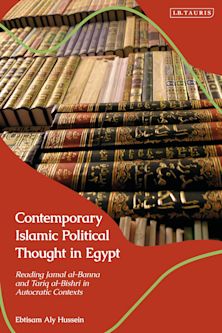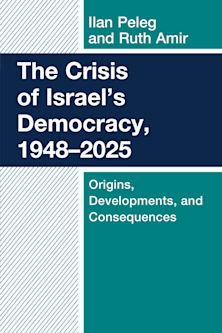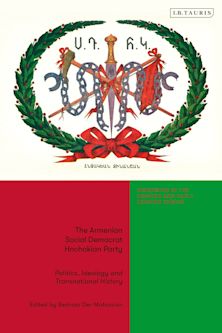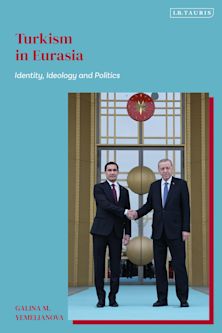- Home
- ACADEMIC
- Politics & International Relations
- Middle East Politics
- Contemporary Anti-Muslim Politics
You must sign in to add this item to your wishlist. Please sign in or create an account
Description
Contemporary Anti-Muslim Politics provides a succinct but potent critique of the policies of Western nations toward Muslims, particularly the aggressive foreign policies of the United States and the exclusionary domestic policies of Europe. These policies have already claimed millions of Muslim lives. For decades, policies that rely on war, exclusion, and ghettoization have triggered conflict escalation. The actions of groups such as the Islamic State and Boko Haram are reactions to this history. Their tactics exacerbate negative stereotyping of Muslims generally and Western military strategies cause many Muslims to pursue survivalist politics that enable and strengthen such groups. Anti-Muslim politics in Western nations takes many forms beyond war and exclusion, including racialization, stereotyping, sacrilegious cultural assaults, mass media scapegoating, and even tolerance, which implies something unpalatable in need of toleration. The gridlock brought by pluralism and constitutionalism, both in Europe and the United States, serves few people well, but it has locked Muslims into an especially abusive status quo.
Table of Contents
2. Paris
3. Muslimfeindlichkeit
4. What is a Muslim?
5. Huntington
6. Stereotypes
7. Imperialism
8. Arab Spring
9. Tolerance, Secularism and Cultural Pluralism
10. Cartoons and Sacrilege
11. Misrepresentations for the Non-represented
12. Limited Democracy and Questionable Convictions
Product details
| Published | Feb 15 2017 |
|---|---|
| Format | Ebook (Epub & Mobi) |
| Edition | 1st |
| Extent | 170 |
| ISBN | 9781498540346 |
| Imprint | Lexington Books |
| Publisher | Bloomsbury Publishing |
About the contributors
Reviews
-
Kenneth Long provides a particularly timely and badly needed treatment of the sources and consequences of anti-Muslim attitudes and politics in contemporary times. His compact and yet wide-ranging and well-argued book focuses not on Islamophobia, but rather on what he convincingly shows is the 'enemy-ization' of Muslims more generally—those who are, are considered to be, or are thought to be Muslim.
Michael Clancy, University of Hartford
-
Ken Long's new book is most timely. A thoughtful intervention in the debate about Islamophobia today, it offers poignant contrasts with the Anti-Semitism that swept across Europe under Nazism. Highlighting the pernicious role of stereotypes in prejudicial thinking, it should give us all pause about emerging threats to universalism, multiculturalism and liberal democracy. Reading this book fortifies us against the challenges that are emerging now.
Sanford Schram, Hunter College
-
Thought-provoking and passionate, Long’s book is a welcome contribution from the perspective of political science to the study of anti-Muslim rhetoric and policies in the United States and in Europe.
Jonas Svensson, Linnaeus University








